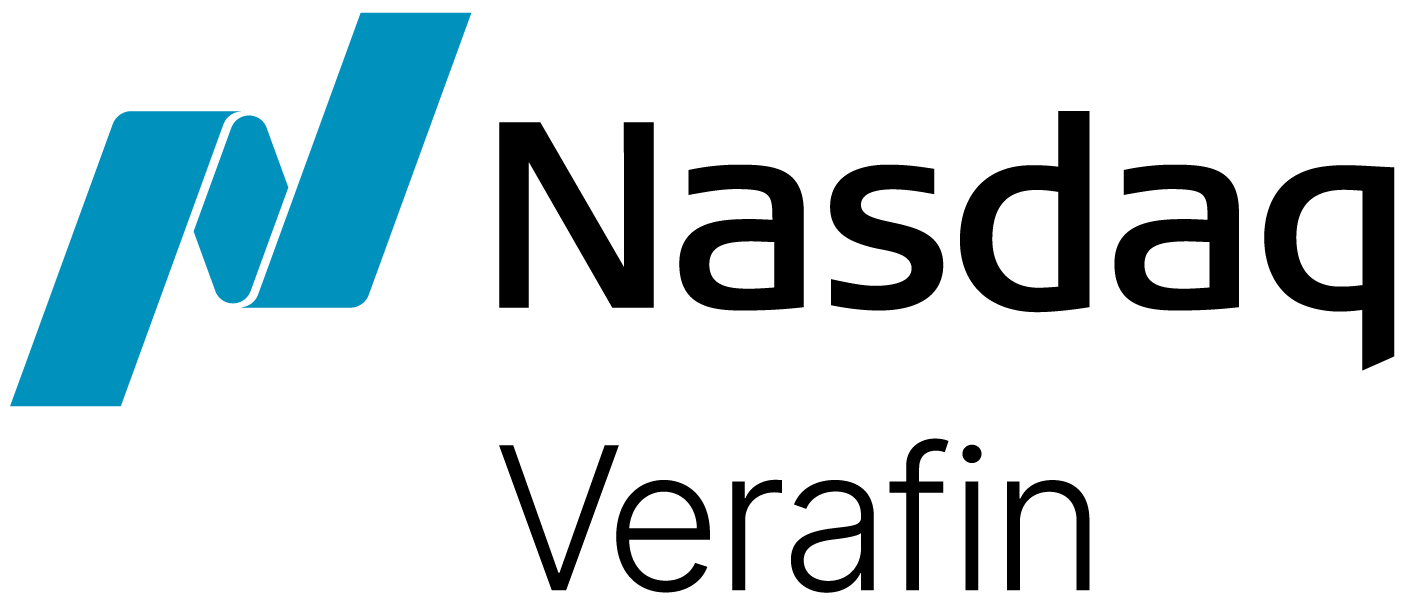The value of the information that financial institutions (FIs) provide to law enforcement is immeasurable.
In May 2016 FinCEN held a ceremony at the U.S. Department of the Treasury to present its second annual Law Enforcement Awards. In its press release for the event, FinCEN explicitly stated that one of the two primary goals of the Awards was “to demonstrate to the financial industry the value of their reporting to law enforcement. The industry’s continued commitment to provide prompt and accurate reporting is vital to the successful partnership with law enforcement to fight financial crime.”
At the ceremony, then-FinCEN Director Jennifer Shasky Calvery specifically addressed how important information from financial institutions is to law enforcement in the successful prosecution of crime. “Without the valuable information that U.S. financial institutions provide, the significant cases recognized here today would likely never have seen the light of day.”
However, it is becoming increasingly difficult for an FI acting in isolation to gather the information required to build the complete picture of customer activity needed for law enforcement to enforce a successful prosecution. This is part of what makes cross-institutional information sharing so important.
The value of information sharing
Collaboration gives banks the means to uncover higher quality customer information while simultaneously reducing time lost on unnecessary investigations into unusual activity. With a lack of resources plaguing FIs and all levels of law enforcement in the fight against financial crime, AML and fraud detection professionals need the means to shine a light on the truly suspicious and build a robust picture of criminal activity that enables law enforcement to take quick, decisive action.
With an extensive background in law enforcement, teamed with his current role as Assistant VP – Director of Financial Crimes / Corporate Security at Ion Bank, Robert Voets understands the value of cross-institutional information sharing and how Verafin’s collaboration tools help collect information that otherwise would not have been available to him.
“[Law enforcement] get the full picture — a better picture. You’ve put pieces of a puzzle together. Once they see, from our description, the name of the other bank involved, they know they can go both to us and them. It makes a difference.”
Robert Voets, Assistant VP – Director of Financial Crimes/Corporate Security, Ion Bank
It’s fair to say that Robert Voets has built an accomplished career combating financial crime and can speak confidently about how important the complete picture of a customer’s activity is to an investigator.
For 27 years, Voets was a member of the West Haven Police (West Haven, CT), co-founding the department’s Computer and Technology Forensic Crimes Unit and acting as lead Detective of the Fraud Division. During his time there he was a lead investigator on numerous financial crime investigations, including one of the country’s first federal cyber phishing prosecutions — a case that led to him being designated as international first runner-up for the 2007 International Association of Financial Crime Investigators’ (IAFCI) Law Enforcement Officer of the Year Award. Prior to his role in fraud investigations Voets spent almost 15 years as a narcotics investigator — including several years as a member of the FBI/DEA Organized Crime Drug Enforcement Taskforce (OCDETF) in New Haven, CT.


